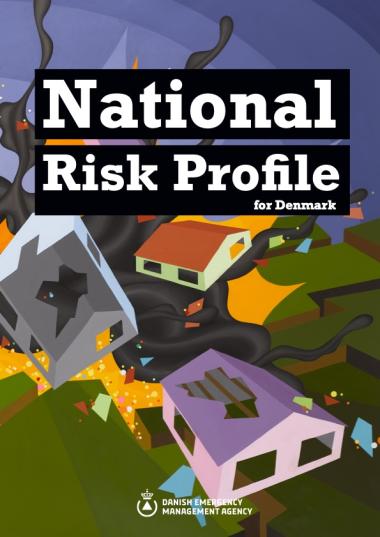
An epidemic refers to an increase, often sudden, in the number of cases of a disease above what is normally expected in the population of a certain area. A pandemic is defined as an epidemic occurring worldwide, or over a very wide area, crossing international boundaries and usually affecting a large number of people.
Pandemics and epidemics are crises that evidence gender disparities, particularly in relation to women's health. On one hand, women tend to take up more caregiver responsibilities than usual, often at their health's expense. This is particularly true for frontline workers who carry the role both at home and at work, putting them at higher risk of infection. Furthermore, measures taken to prevent infection, like lockdowns, also put women at greater risk of domestic and sexual abuse, and can mean a loss of livelihoods and food security, particularly in cases where the economy is predominantly informal. Lastly, access to health care and services is often disrupted as efforts are diverted to pandemic/epidemic responses. This not only has an effect on health seeking behaviour, but also on access to sexual and reproductive health services, as evidenced during the Zika 2015 outbreak, and for other non-pandemic related diseases, which can potentially exacerbate mortality rates. A 50% reduction in health services during the Ebola epidemic saw exacerbated mortality rates for HIV/AIDS, tuberculosis and malaria.

